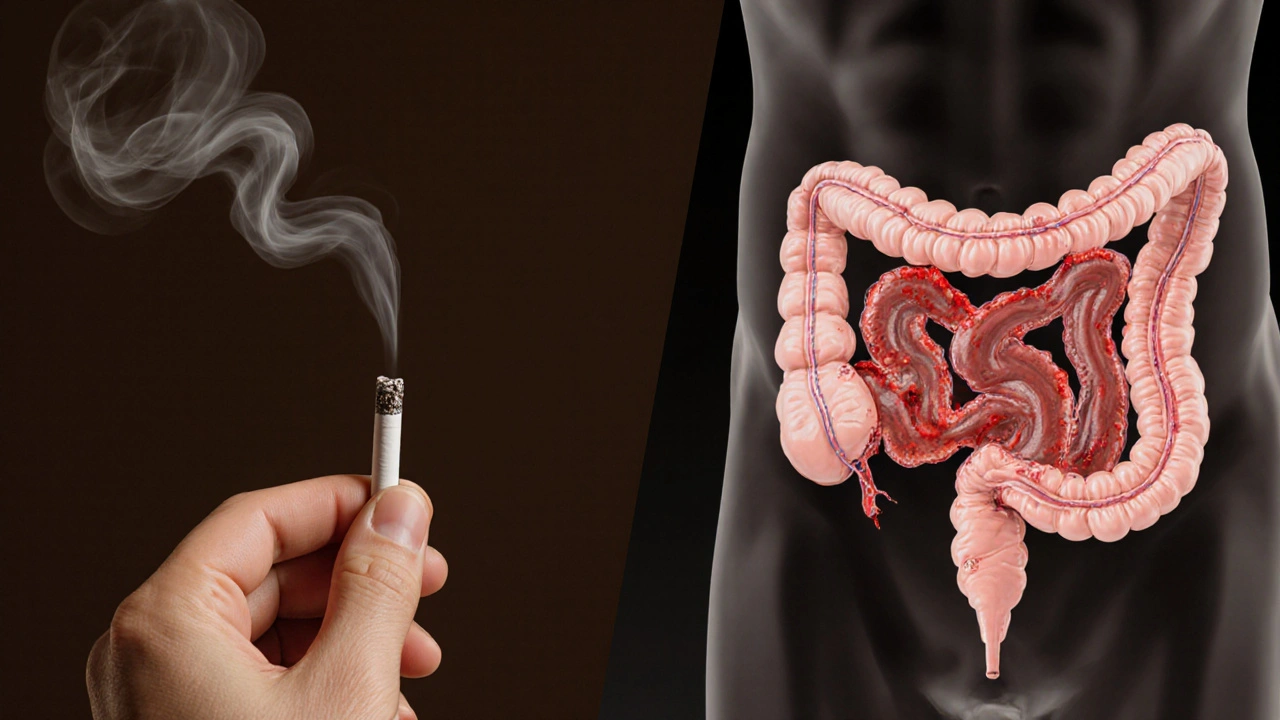When dealing with Inflammatory Bowel Disease, a chronic condition that causes persistent inflammation of the gastrointestinal tract. Also known as IBD, it primarily includes Crohn's disease, inflammation that can affect any part of the digestive system from mouth to anus and ulcerative colitis, inflammation limited to the colon and rectum. Both forms share symptoms like abdominal pain, diarrhea, and fatigue, but they differ in location and complications. Understanding this split helps you pick the right treatment path and avoid confusion with other gut issues.
Effective IBD management hinges on three core pieces: medication, diet, and the gut microbiome, the community of bacteria living in your intestines that can boost or worsen inflammation. Modern guidelines often recommend biologic therapy, targeted drugs that block specific immune pathways responsible for gut inflammation for moderate‑to‑severe cases. These biologics, like anti‑TNF agents, have transformed outcomes, reducing flare‑ups and hospital visits. Complementary to drugs, dietary tweaks—such as low‑FODMAP meals, adequate fiber, and avoiding triggers like processed sugars—can ease symptoms and improve nutrient absorption. Regular monitoring via colonoscopy or imaging also tracks disease activity and catches complications early.
Beyond the clinical side, lifestyle habits matter. Stress reduction, regular exercise, and proper sleep support overall gut health and can lessen flare frequency. Many patients find that keeping a symptom diary helps identify personal food triggers and informs discussions with their gastroenterologist. If you or a family member is navigating IBD, expect a blend of prescription meds, tailored nutrition, and proactive self‑care. Below you’ll find a carefully curated set of articles that break down each of these areas— from herbal supplement comparisons that may aid gut balance to detailed guides on specific IBD medications and how to safely manage side effects. Dive in to get practical, family‑focused advice you can start using today.

Explore how smoking worsens proctitis symptoms, triggers flare‑ups, and what steps you can take to reduce damage and improve outcomes.
Read More© 2026. All rights reserved.